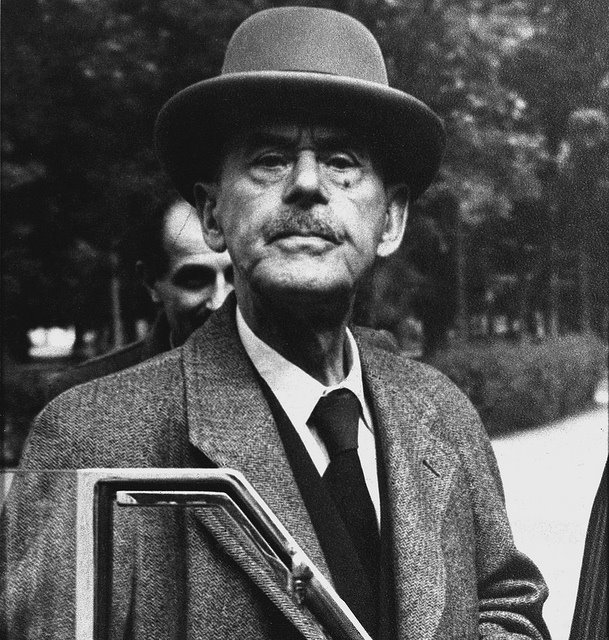
The recently released book “The Fallback Plan” by Leigh Stein considers itself a novel, but comes off as an extended journal entry.
The main character, Esther, has just graduated from Northwestern as a theater major and moved back in with her parents. She meanders through what it’s like to be 22-years-old with a degree from a major university and stuck in the same place she was over four years ago: suburban Illinois. Esther wanted to avoid couch-surfing, but her parents take over her bedroom for their home theater and she fills the role of permanent company in the guest room, rent included.
With modern pop culture references ranging from “The Land Before Time” to “Rain Man,” it feels like this books tries to be an updated “Catcher in the Rye” for Generation Y, but the key word here is “tries.”
Esther markets herself as a well-read, depressed drug user. She smokes weed, pops vicodin for fun and obsesses over Jack, a guy that fits the “bad boy” stereotype without any redeeming qualities. She turns babysitting into an episode of “Desperate Housewives” or “Pretty Little Liars” where the 4-year-old in charge, May, brings out the best in her. All the while, Esther gets overly involved with each of May’s parents’ differing plans.
This book promotes the idea that moving back home after college is synonymous with failure. Esther describes her parents as crazy, but she is most certainly their byproduct of crazy times two. She fantasizes about writing an adaptation of C.S. Lewis’ “The Lion, the Witch, and the Wardrobe” with pandas and a violent but empowering ending.
Stein seems to be aiming for a mirror plot within a plot, but it’s boring and generally disruptive to the flow of what little story line exists. The book is organized by unnumbered chapters with asterisk breaks throughout to signal a change in location or time. An educated protagonist, Esther uses phrases in French and Hebrew to spice up the mundane English language like it’s a game. It takes readers four pages to learn her name, and another nine to find out she’s Jewish; an identifying feature in terms of how she interacts with her family and how current and former friends view her.
The Massachusetts Daily Collegian was given an “uncorrected advance reader copy” to review, so it was hard to not be critical or frustrated by the number of typos and misspellings, which were a real distraction from reading. It undermined the narrator’s credibility because it appeared that a graduate from Northwestern could not catch something as small as an extra “of” in a sentence.
Esther is still annoying, but she has moments of humanity that will resonate with her readers. These moments are visible to audiences when she realizes she loves May, when she muses on the relationship one has with family based on geographic proximity and when she makes a poignant observation of how some streets are named after trees that don’t even grow there.
If you’re looking for something to tell you that you haven’t hit rock bottom yet, this is it. With its highlighter yellow cover, “The Fallback Plan” is more predictable than novel; a less funny “Juno” with a less satisfying ending, but in book form.
“The Fallback Plan” is easily finished in a day, so at least it’s very little time wasted. Most of the time, one cares just enough about Esther to want to shake her out of her only-child fog, just as they might want to slap Holden after his cynical remarks.
This is Stein’s first novel. She currently lives in Brooklyn, N.Y. and is pursuing a Bachelor’s Degree at Brooklyn College.
Margaret Clayton can be reached at [email protected].



















Leigh Stein • Mar 1, 2012 at 12:34 am
Hi Margaret,
Sorry you didn’t like my book.
I just want to point out one correction: you received an ARC from the publisher, which means it had yet to be proofread by me or a professional copywriter. It’s an “advance.” There aren’t typos by Esther, the Northwestern grad, because Esther doesn’t actually exist. That’s why it’s called a novel. I invented her.